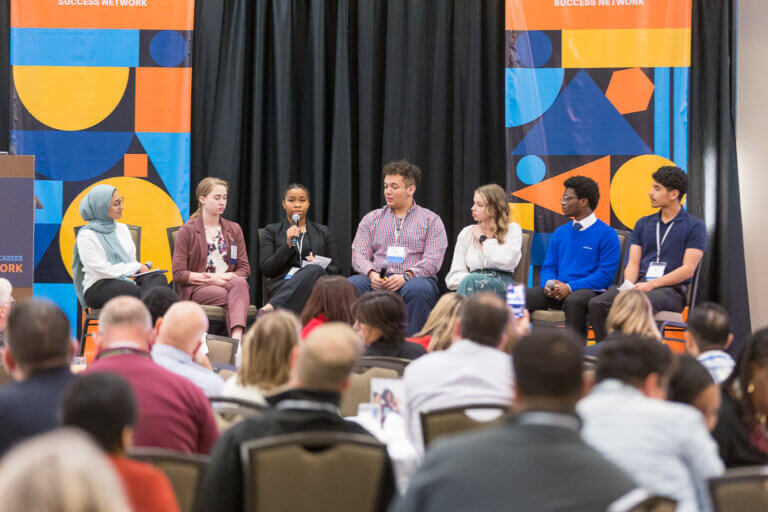In mid-January, the EdSystems team submitted a response to the U.S. Department of Education’s Request for Information (RFI) on Expanding Work-Based Learning Opportunities for Youth, which sought information on “successful approaches for expanding work-based learning opportunities for youth by working across federal, state, and local education and employer systems” to inform Career and Technical Education implementation.
In order to ground our response not only in our experience with the valuable frameworks outlined in the Postsecondary and Workforce Readiness (PWR) Act but also community interests, examples, and concerns, we shared a survey with members of the Illinois Work-Based Learning Innovation Network.
Highlights from our comment include:
- Emphasizing the need for federal support in addressing regulatory, liability, and insurance-related barriers that inhibit scaling of work-based learning experiences in certain fields.
- Lifting up the power of shared frameworks and definitions such as the PWR Act and Illinois Career Pathways Dictionary.
- Encouraging tax incentives or wage subsidies to motivate employers to host work-based learning participants.
- Uplifting exemplary work-based learning practices from communities across Illinois that are thoughtfully preparing young people for college, career, and life.
- Harnessing technology and innovative models for virtual/hybrid work-based learning experiences that provide broader and more equitable access to a diverse range of young people.
Since we submitted our comment, the U.S. Department of Education has shared a summary of public comment themes, which highlights some of our exemplary policies and practices in Illinois, particularly the PWR Act.


